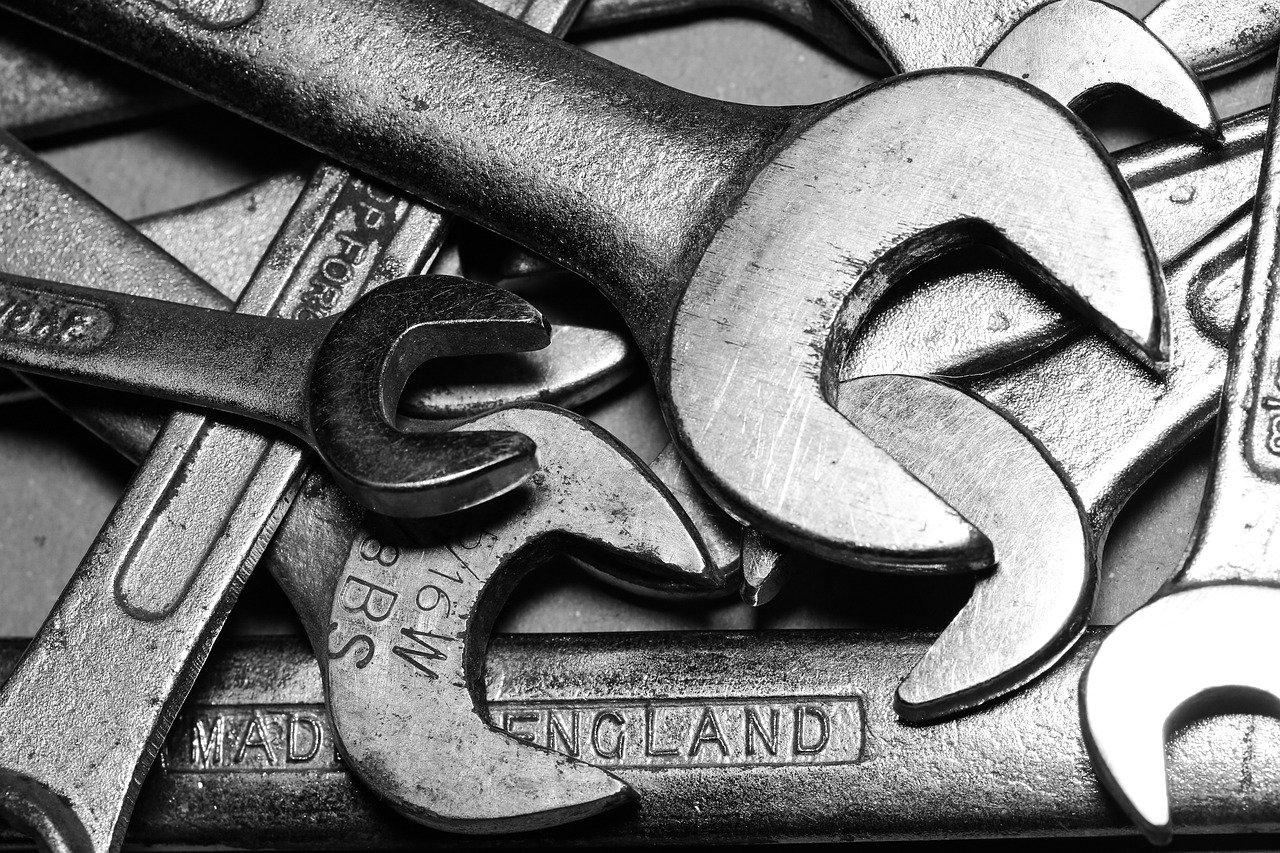The Honda Accord has long been celebrated for its dependability and performance. However, not all model years are created equal. This article delves into which years of the Honda Accord potential buyers should approach with caution, based on reliability ratings, common issues, and recalls.
Understanding the reasons behind certain Honda Accord models being less reliable is crucial for making informed purchasing decisions. Factors that can contribute to these issues include:
- Recalls: Years with high recall rates often indicate significant manufacturing defects.
- Consumer Complaints: Reports from owners can highlight recurring problems.
- Mechanical Issues: Specific model years may exhibit common mechanical failures.
Across various model years, several common problems have been reported, including:
- Transmission Failures: Some models have been notorious for transmission issues that can lead to expensive repairs.
- Engine Problems: Certain years have been flagged for engine performance issues that affect reliability.
- Electrical Problems: Issues related to electrical systems can lead to a host of malfunctions.
Recalls can serve as a warning sign for potential buyers. Years that have experienced a high number of recalls include:
- 2003: This model year faced numerous recalls related to its transmission.
- 2008: Known for transmission problems, this year also had significant recalls.
- 2016: This year saw recalls primarily due to infotainment system failures.
Engine reliability can vary significantly between model years. For instance:
- 2003 Honda Accord: Frequently reported for engine problems that could lead to costly repairs.
- 2008 Honda Accord: Known for excessive oil consumption, raising concerns about engine longevity.
The 2003 Honda Accord is often cited as a year to avoid due to frequent issues with its transmission and engine performance, making it less desirable for buyers.
The 2008 model has been criticized for transmission problems and excessive oil consumption, which can lead to significant repair costs, making it a less reliable choice compared to other years.
The 2013 Honda Accord is generally viewed positively, but it has been associated with some electrical issues that may concern potential buyers.
The 2016 Honda Accord has received mixed reviews, with some owners reporting problems related to its infotainment system and transmission, which could deter buyers.
Consumer Reports provides valuable insights into the reliability of different Honda Accord model years, helping buyers make informed decisions based on expert analysis and user feedback.
When purchasing a used Honda Accord, buyers should:
- Inspect Service Records: Check for regular maintenance and any past issues.
- Check for Recalls: Ensure that all recalls have been addressed.
- Consider Reliability Ratings: Look at expert reviews and consumer feedback.
While some years are best avoided, others, like the 2014 and 2015 models, are often praised for their reliability and performance, making them strong candidates for buyers.
A comprehensive inspection can reveal hidden issues in a used Honda Accord. Buyers should look for signs of wear, perform test drives, and consider professional evaluations to ensure they are making a sound investment.

Why Are Certain Honda Accord Years Problematic?
The Honda Accord is a popular choice among car buyers due to its reputation for reliability and efficiency. However, not all model years have maintained this positive image. Understanding the reasons behind certain years being problematic is essential for making an informed purchasing decision. This section delves into the various factors contributing to the reliability issues of specific Honda Accord model years.
Several factors contribute to the reliability issues of certain Honda Accord model years. These include:
- Recalls: A high number of recalls can indicate serious manufacturing defects that may affect the vehicle’s performance and safety.
- Consumer Complaints: Feedback from owners can reveal common problems that may not be widely known, allowing potential buyers to avoid those years.
- Mechanical Issues: Reports of specific mechanical failures can guide buyers toward more reliable models.
For instance, the 2003 Honda Accord has been frequently flagged due to its transmission failures and engine performance issues. Many owners have reported that these problems can lead to costly repairs, making it a year to avoid.
Recalls are a crucial indicator of a vehicle’s reliability. When a manufacturer identifies a defect that poses a risk to safety or performance, they issue a recall to fix the problem. The 2008 Honda Accord is a prime example, as it faced numerous recalls related to its transmission and excessive oil consumption. These issues not only affect the vehicle’s reliability but can also lead to significant repair costs for owners.
Engine reliability is another critical aspect to consider. Certain model years of the Honda Accord, such as the 2016 model, have received mixed reviews due to issues with the infotainment system and transmission. These problems can deter potential buyers who are looking for a dependable vehicle.
Across various model years, common problems reported include:
- Transmission Failures: Many models have been criticized for their transmission performance, leading to potential safety concerns.
- Engine Issues: Some years are known for specific engine problems that can result in costly repairs.
- Electrical Problems: Issues with electrical systems have been noted, particularly in more recent models.
Identifying these common issues can help buyers steer clear of troublesome models and make more informed decisions.
Consumer Reports offers valuable insights into the reliability of different Honda Accord model years. Their analysis helps buyers understand which models have consistently performed well and which ones have faced significant issues. By reviewing these ratings, potential buyers can make informed choices based on expert analysis.
When considering a used Honda Accord, it’s essential to inspect service records, check for recalls, and evaluate the model year’s reliability ratings. This diligence can help avoid potential pitfalls associated with less reliable years. Additionally, prospective buyers should consider conducting a thorough inspection, looking for signs of wear and performing test drives to assess the vehicle’s condition.
In summary, understanding the reasons behind specific Honda Accord model years being less reliable is crucial for informed purchasing decisions. By considering recalls, consumer complaints, and reported mechanical issues, buyers can make choices that lead to a more satisfying ownership experience.
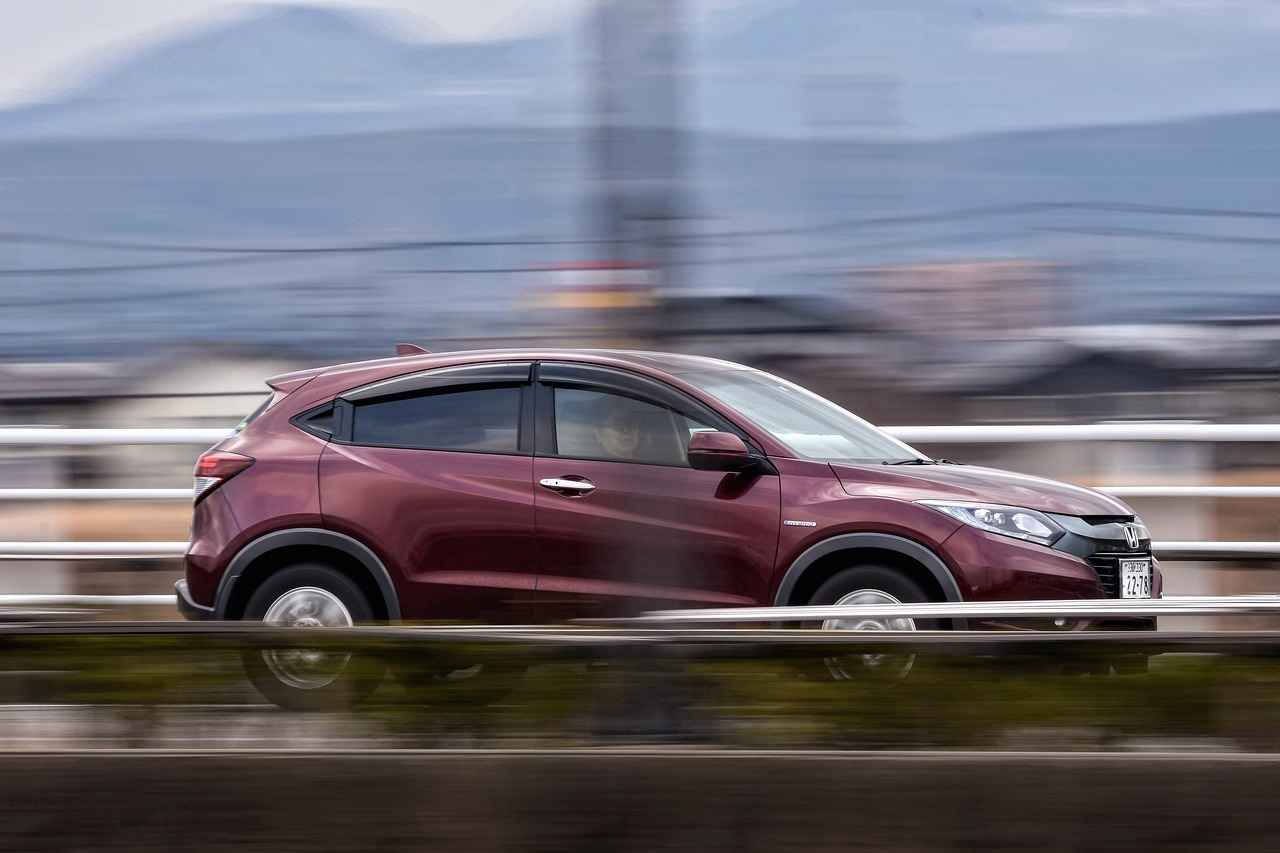
What Common Issues Affect the Honda Accord?
The Honda Accord is renowned for its reliability and performance, but certain model years have garnered attention for their common issues. Understanding these problems can significantly aid potential buyers in making informed decisions. This section will delve into the frequent concerns associated with various Honda Accord models, allowing buyers to steer clear of troublesome vehicles.
Across different model years, several common problems have been reported by Honda Accord owners. These issues can range from minor inconveniences to significant mechanical failures that may require costly repairs. Here are some of the most frequently encountered problems:
- Transmission Failures: Many Honda Accord models, especially from the early 2000s, have been plagued by transmission issues. Owners have reported symptoms such as slipping gears, harsh shifting, and complete transmission failure, which can lead to expensive replacements.
- Engine Problems: Engine-related issues, including excessive oil consumption and problems with the timing belt, have been noted in various models. These issues can lead to serious engine damage if not addressed promptly, making it crucial for buyers to inspect these components.
- Electrical Problems: Many Honda Accords have experienced electrical system failures, including malfunctioning power windows, dashboard lights, and infotainment systems. These problems can be frustrating and may require professional diagnosis and repairs.
- Suspension Issues: Some models have reported problems with the suspension system, particularly with strut and shock absorber wear. This can lead to a rough ride and decreased handling performance, impacting overall driving experience.
- Brake Problems: Brake-related issues, such as premature wear of brake pads and rotors, have been reported in certain years. Ensuring that the braking system is in good condition is essential for safety and performance.
Identifying these issues is vital for anyone considering purchasing a used Honda Accord. By being aware of these common problems, potential buyers can take proactive steps to avoid models that may lead to future headaches.
Furthermore, it’s essential to check for any recalls associated with specific model years. Recalls often indicate significant manufacturing defects that can impact reliability and safety. Websites like the National Highway Traffic Safety Administration (NHTSA) provide valuable information regarding recalls and safety ratings, helping buyers make more informed choices.
In conclusion, while the Honda Accord is generally a reliable vehicle, certain model years are more susceptible to common issues. By understanding the potential problems and conducting thorough inspections, buyers can avoid purchasing a troublesome model and enjoy the benefits of this well-regarded automobile.
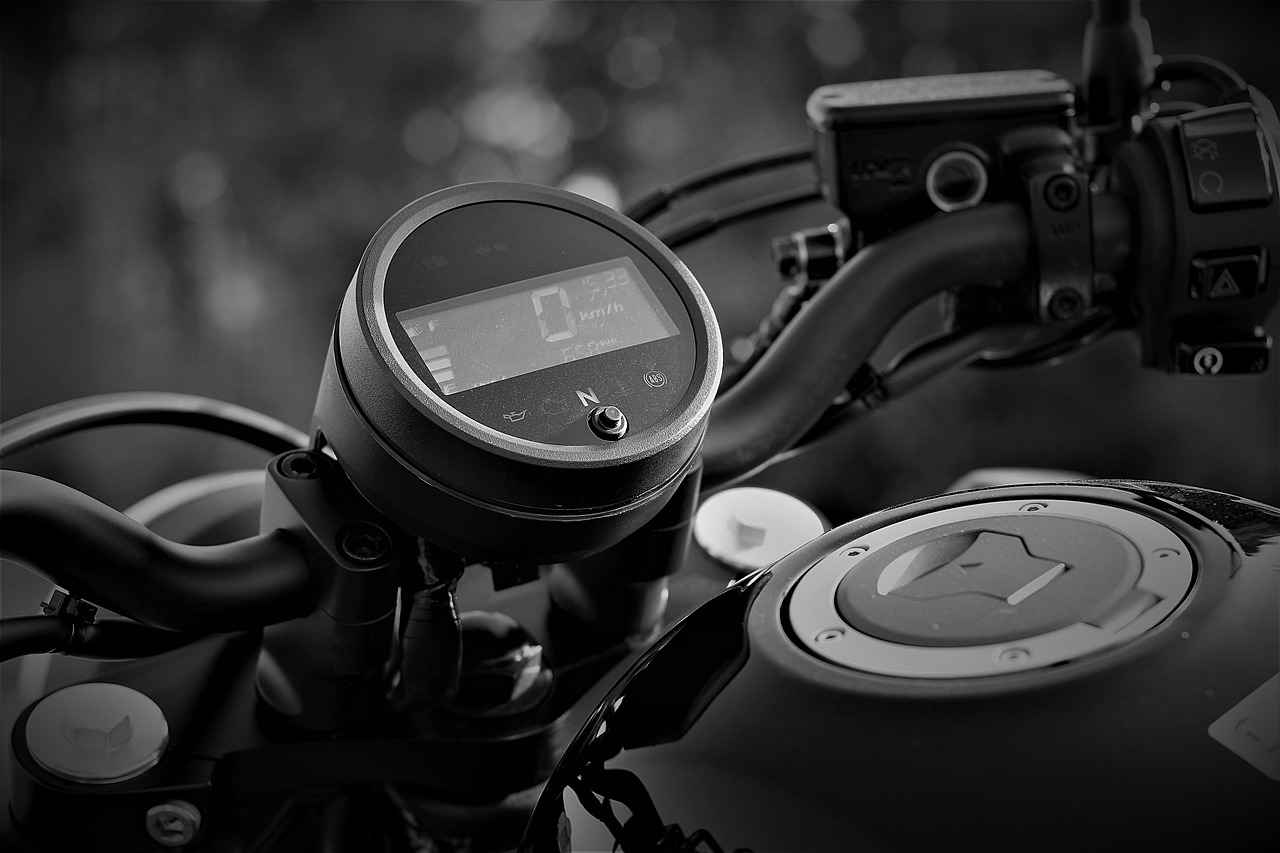
Which Honda Accord Years Have the Most Recalls?
The Honda Accord has long been regarded as a reliable and efficient vehicle, but not all model years are created equal. When considering a used Honda Accord, potential buyers should pay close attention to years with significant recalls. Recalls can be indicative of serious manufacturing defects that may lead to costly repairs and safety concerns. This article delves into which Honda Accord model years have experienced the most recalls and why this information is essential for informed purchasing decisions.
Recalls serve as a crucial warning sign for potential buyers. They often highlight manufacturing defects that could affect the vehicle’s safety and performance. By understanding which years have had the most recalls, buyers can steer clear of models that may pose risks or lead to expensive repairs down the line.
| Model Year | Number of Recalls | Common Issues |
|---|---|---|
| 2003 | 6 | Transmission failure, airbag issues |
| 2008 | 5 | Transmission problems, fuel pump defects |
| 2013 | 4 | Electrical issues, airbag malfunctions |
| 2016 | 3 | Infotainment system glitches, transmission concerns |
Understanding the nature of recalls can provide insight into the overall reliability of a vehicle. For example, the 2003 Honda Accord is notorious for its transmission failures and airbag issues, making it a model year to avoid. Similarly, the 2008 model has faced criticism for its transmission problems and fuel pump defects.
- Visit the National Highway Traffic Safety Administration (NHTSA) website to search for recalls by VIN.
- Check Honda’s official website for a list of recalls specific to the Accord.
- Consult consumer reports and automotive forums for firsthand accounts of issues related to specific model years.
While recalls are an important factor, they are not the only consideration. Buyers should also evaluate consumer reviews, mechanical issues, and service history when selecting a used Honda Accord. Engaging with a trusted mechanic for an inspection can also uncover potential problems that may not be listed in recalls.
Despite some problematic years, certain Honda Accord models, such as the 2014 and 2015 models, are often praised for their reliability and performance. These years have fewer recalls and have garnered positive feedback from owners, making them more appealing options for buyers.
In summary, understanding which Honda Accord years have experienced the most recalls is vital for making an informed purchase. By considering this information alongside other factors, buyers can avoid problematic models and choose a Honda Accord that meets their needs and expectations.

Are There Specific Engine Problems in Certain Model Years?
The reliability of a vehicle is often a major concern for potential buyers, especially when it comes to popular models like the Honda Accord. Engine problems can significantly impact the overall performance and longevity of a car, making it essential to understand which model years may be particularly problematic. This article delves into the specific engine issues that have been reported in certain Honda Accord model years, helping buyers make informed decisions.
Over the years, various Honda Accord models have been associated with specific engine-related issues. Some of the most common problems include:
- Oil Consumption Issues: Several model years, particularly the 2008 and 2010 models, have been flagged for excessive oil consumption. Owners have reported needing to add oil frequently between changes, which can lead to serious engine wear.
- Transmission Failures: While not strictly an engine issue, transmission problems can stem from engine performance. The 2003 Honda Accord is notorious for transmission failures, often linked to engine power delivery problems.
- Engine Misfires: Some models, especially around 2004 and 2005, have reported engine misfires, which can cause rough idling and reduced performance.
- Timing Belt Issues: The 2013 Honda Accord has been noted for timing belt problems that can lead to catastrophic engine failure if not addressed promptly.
Understanding the specific years that have been problematic can help buyers avoid costly repairs. The following model years have been commonly cited for engine-related issues:
- 2003: Known for its transmission issues, this model also faces engine performance complaints.
- 2008: This year is particularly notorious for excessive oil consumption and transmission problems.
- 2010: Similar to the 2008 model, it has been reported to consume oil at an alarming rate.
- 2013: While generally reliable, some owners have experienced timing belt issues that can lead to significant repairs.
To minimize the risk of encountering engine problems, potential buyers should take several proactive steps:
- Research Model Years: Familiarize yourself with the specific issues associated with different model years of the Honda Accord.
- Check for Recalls: Always check if the vehicle has had any recalls that may pertain to engine problems.
- Request Service Records: A well-documented service history can indicate how well the vehicle has been maintained and if any major issues have been addressed.
- Consider a Pre-Purchase Inspection: Have a trusted mechanic perform a thorough inspection to identify any potential engine problems before finalizing your purchase.
Utilizing resources like Consumer Reports, online forums, and automotive review websites can provide valuable insights into the reliability of specific Honda Accord model years. Engaging with current owners through platforms like social media or dedicated automotive forums can also shed light on real-world experiences.
In summary, being informed about the specific engine problems associated with certain Honda Accord model years can empower buyers to make better purchasing decisions. By focusing on reliable models and being aware of potential pitfalls, you can enjoy the benefits of owning a Honda Accord without the headaches of costly repairs.
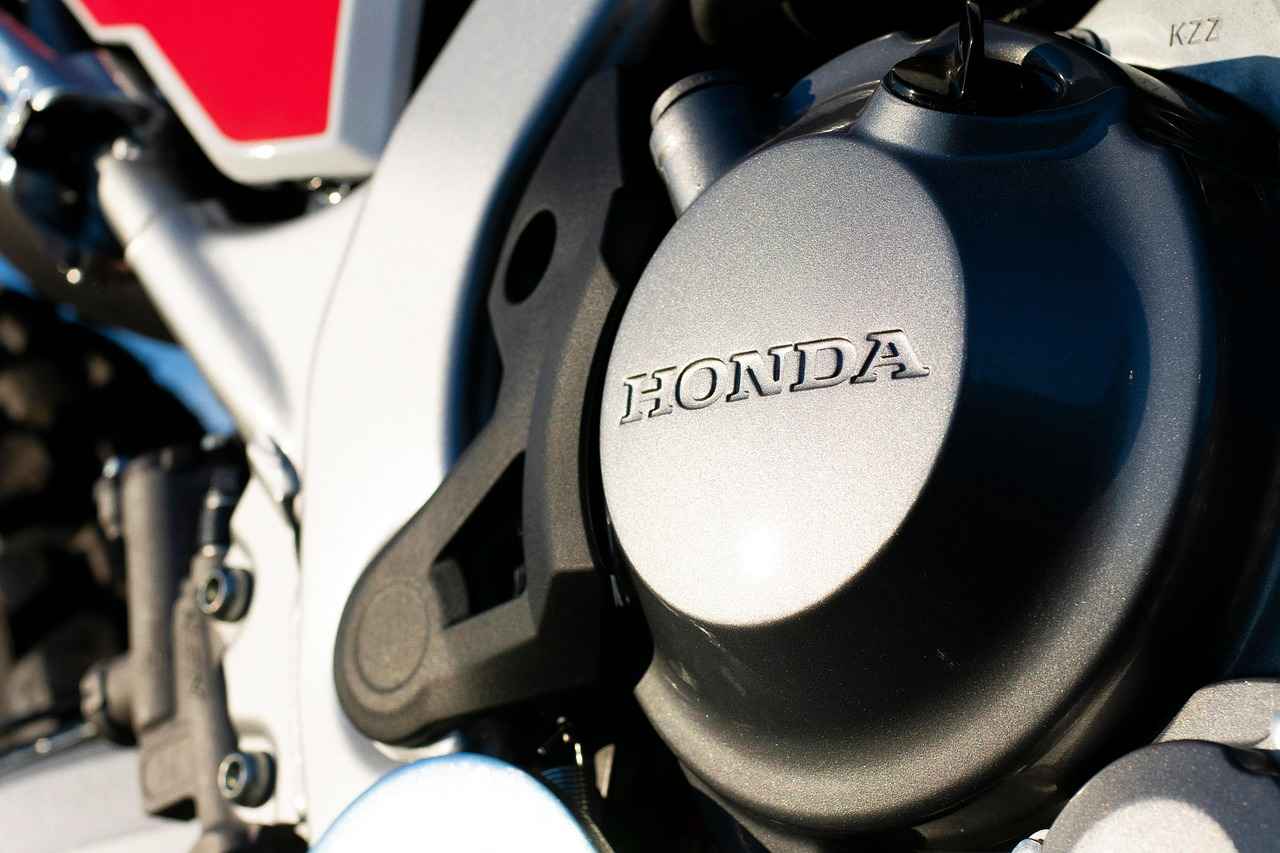
How Does the 2003 Honda Accord Rank in Reliability?
The 2003 Honda Accord has garnered considerable attention from automotive experts and consumers alike, primarily due to its frequent transmission and engine issues. This model year has been flagged as one to approach with caution, prompting potential buyers to look for alternatives.
One of the most significant concerns surrounding the 2003 Accord is its transmission problems. Many owners have reported experiencing slipping gears, unresponsive acceleration, and complete transmission failures. These issues can lead to costly repairs, often exceeding thousands of dollars. Such mechanical failures have resulted in numerous complaints logged with consumer protection agencies, making this year a red flag for prospective buyers.
In addition to transmission woes, the engine performance of the 2003 Accord has also been under scrutiny. Owners have reported issues such as excessive oil consumption and engine misfires. These problems not only affect the vehicle’s reliability but can also lead to significant maintenance costs over time. The combination of these engine and transmission issues has contributed to a less favorable reliability rating for this model year.
Furthermore, the 2003 Honda Accord has been involved in several recalls, which highlights potential manufacturing defects. Recalls related to the airbags and the vehicle’s electrical system have raised concerns about overall safety and reliability. Buyers should be particularly vigilant about checking whether the necessary recall repairs have been completed before purchasing a used model.
When considering the 2003 Accord, it is essential to weigh the pros and cons. While it offers a comfortable interior and a reputation for fuel efficiency, the persistent mechanical issues overshadow these benefits. Buyers are advised to conduct thorough research, including reading consumer reviews and expert assessments, to make an informed decision.
In conclusion, while the 2003 Honda Accord may appeal to some due to its design and features, the potential for significant mechanical problems makes it a year to avoid for many. Prospective buyers should consider more reliable alternatives from different model years, such as the 2014 or 2015 models, which have received more favorable reviews.
Ultimately, understanding the common pitfalls of the 2003 Honda Accord can help buyers make a more informed choice, ensuring they invest in a vehicle that meets their needs without the burden of frequent repairs.

What About the 2008 Honda Accord?
The 2008 Honda Accord has garnered a reputation that raises concerns for potential buyers. While Honda is generally known for its reliability, the 2008 model stands out for several reasons that merit careful consideration. This article delves into the specific issues associated with this model year, providing a comprehensive overview to help buyers make informed decisions.
One of the most significant concerns with the 2008 Honda Accord is its transmission problems. Many owners have reported experiencing harsh shifting, slipping gears, and, in some cases, complete transmission failure. These issues can lead to costly repairs, making the vehicle less appealing for long-term ownership.
Another critical issue that plagues the 2008 model is excessive oil consumption. Many drivers have noted that their vehicles consume oil at an alarming rate, requiring frequent top-ups. This not only creates additional maintenance costs but can also lead to serious engine damage if left unaddressed. The combination of transmission failures and oil consumption issues significantly impacts the overall reliability of the vehicle.
Consumer feedback is a valuable resource for potential buyers. Reviews for the 2008 Honda Accord often highlight these recurring problems, with many owners expressing frustration over the cost of repairs and the inconvenience of dealing with these issues. The consensus among many is that the 2008 model does not live up to the high standards set by previous years.
If you are considering a Honda Accord but are wary of the 2008 model, there are several alternatives worth exploring. The 2007 and 2009 models are often recommended as they do not share the same level of reported issues. Additionally, the 2010 model received positive reviews for its improved reliability and performance, making it a safer choice for buyers.
For those still interested in the 2008 Honda Accord, it is crucial to conduct a thorough inspection. Potential buyers should:
- Request a detailed service history to check for any prior transmission repairs.
- Look for signs of oil leaks or excessive oil consumption.
- Consider having the vehicle inspected by a trusted mechanic before purchase.
It is also essential to check for any recalls associated with the 2008 Honda Accord. Recalls can indicate serious manufacturing defects, and being informed about them can help buyers avoid potential pitfalls. A quick search on the National Highway Traffic Safety Administration (NHTSA) website can provide valuable information on any recalls that may affect the vehicle.
In summary, while the 2008 Honda Accord may appeal to some due to its design and features, the issues surrounding its transmission and oil consumption make it a less reliable choice compared to other years. Potential buyers should weigh these factors carefully and consider alternatives that offer better reliability and peace of mind.

Is the 2013 Honda Accord Worth Considering?
The 2013 Honda Accord has garnered a generally positive reputation among consumers and automotive experts alike. However, it is essential to delve deeper into its performance and reliability to understand if this model is truly a wise investment for potential buyers.
The 2013 model boasts a sleek design, spacious interior, and a host of modern technology features. Many owners appreciate its comfortable ride and impressive fuel efficiency, making it a popular choice for families and commuters. The Accord also received high safety ratings, which adds to its appeal.
Despite its many strengths, the 2013 Honda Accord has been associated with some electrical issues that could raise red flags for potential buyers. Common complaints include:
- Battery Drain: Some owners have reported unexpected battery drain, leading to frequent replacements.
- Infotainment Glitches: Issues with the infotainment system, including screen freezes and connectivity problems, have been noted.
- Warning Lights: Erroneous warning lights illuminating on the dashboard without any apparent cause can be concerning.
While electrical issues may not be as severe as transmission or engine failures, they can still lead to inconvenience and additional costs. Owners may find themselves needing to visit dealerships for repairs or software updates, which can be time-consuming. Moreover, the potential for unexpected repairs can deter buyers who prioritize reliability.
Automotive analysts often highlight the 2013 Honda Accord as a solid vehicle choice, but they also advise caution. It’s crucial for buyers to conduct thorough inspections and consider purchasing extended warranties to mitigate the risks associated with electrical issues. Many experts recommend checking the vehicle’s service history to identify any prior electrical repairs.
If the electrical concerns of the 2013 model are worrisome, potential buyers might consider other years, such as the 2014 and 2015 Honda Accord, which have received praise for their reliability and lack of significant reported issues. These models offer similar features and performance without the associated risks.
When evaluating a 2013 Honda Accord, buyers should:
- Inspect the electrical systems, including the battery and infotainment functions.
- Review maintenance records for any previous electrical repairs.
- Test drive the vehicle to ensure all systems are functioning correctly.
In conclusion, while the 2013 Honda Accord is an attractive option with many positive attributes, the reported electrical issues warrant careful consideration. By conducting thorough research and inspections, buyers can make an informed decision that aligns with their needs and expectations.
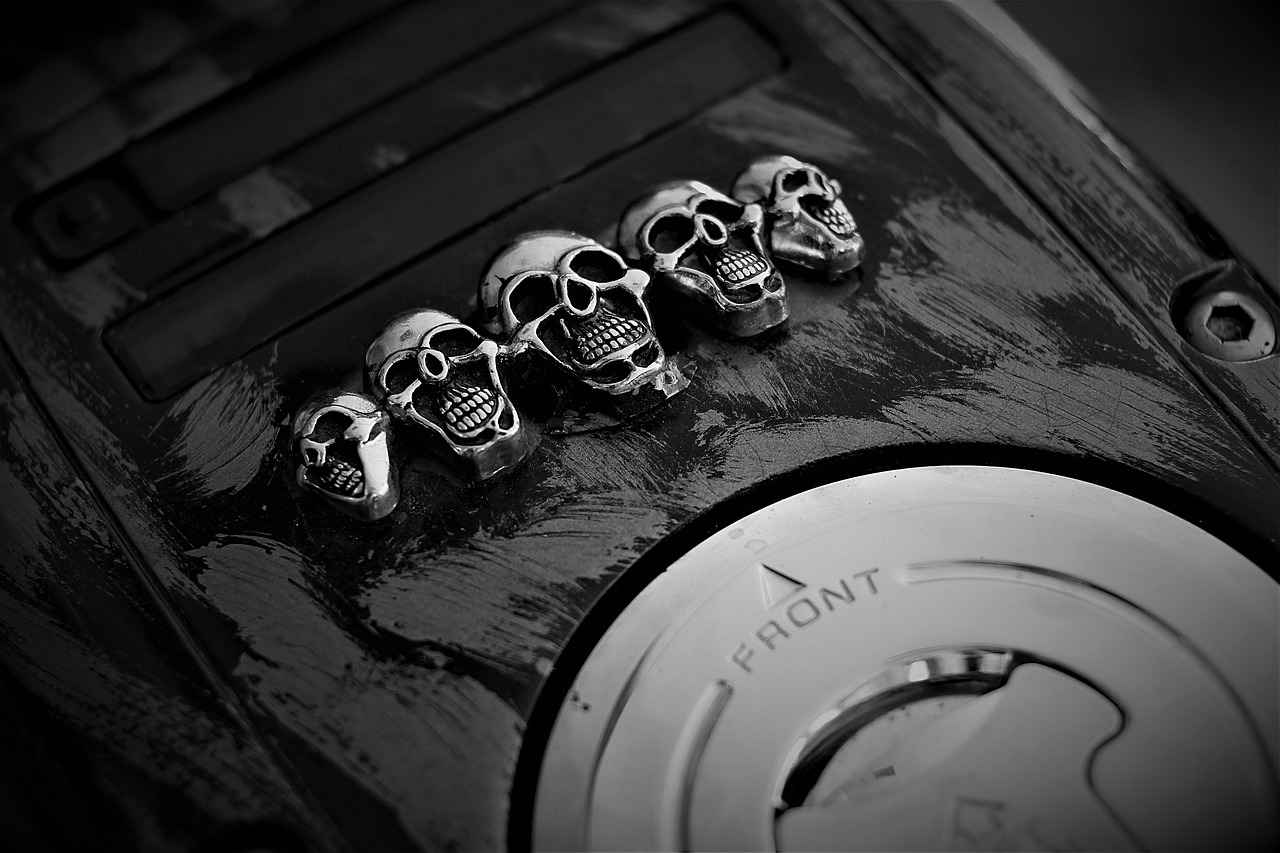
What Issues Are Associated with the 2016 Honda Accord?
The 2016 Honda Accord is a popular choice among midsize sedan enthusiasts, but it has garnered a mix of reviews from both critics and owners. While many appreciate its sleek design and comfortable interior, others have expressed concerns regarding specific issues that could impact the overall ownership experience. Understanding these problems is crucial for potential buyers who want to make an informed decision.
One of the most frequently reported issues with the 2016 model pertains to its infotainment system. Many users have noted that the system can be unresponsive at times, leading to frustration during daily use. Features such as Bluetooth connectivity and navigation have also been described as problematic, with some owners experiencing difficulties in pairing devices or receiving updates.
Another significant issue reported by owners involves the transmission. Some drivers have experienced rough shifting or hesitation during acceleration, which can be alarming, particularly in a vehicle known for its reliability. These transmission problems may lead to costly repairs and could deter potential buyers who prioritize a smooth driving experience.
While the engine performance of the 2016 Honda Accord is generally praised, there have been isolated reports of engine stalling and excessive oil consumption. These concerns, although not widespread, can be serious and may require immediate attention from a mechanic. Prospective buyers should be vigilant and consider having a thorough inspection performed before purchasing.
The mixed reviews regarding the 2016 Honda Accord can impact its resale value. Potential buyers may be hesitant to invest in a model that has received negative feedback, which could lead to lower demand in the used car market. This situation is particularly relevant for those looking to buy a vehicle that will maintain its value over time.
- Positive Feedback: Many owners appreciate the Accord’s spacious interior and fuel efficiency.
- Negative Feedback: Complaints often center around the infotainment system and transmission issues.
- Neutral Stance: Some users report no significant problems, indicating variability in experiences.
In summary, while the 2016 Honda Accord offers several appealing features, potential buyers should be aware of the infotainment and transmission problems reported by some owners. Conducting thorough research, reading owner reviews, and considering a pre-purchase inspection can help mitigate the risks associated with this model. Ultimately, weighing the pros and cons will be essential in deciding whether this vehicle aligns with your needs and preferences.

How Do Consumer Reports Rate the Honda Accord?
The Honda Accord has long been a favorite among car buyers, known for its reliability and performance. However, when it comes to making an informed purchase, understanding how Consumer Reports rates different model years can be invaluable. This article delves into the ratings provided by Consumer Reports, highlighting key insights that can guide potential buyers in their decision-making process.
Consumer Reports is a trusted resource for automotive evaluations, providing detailed analyses based on extensive testing and owner feedback. Their ratings are influenced by several factors, including reliability, owner satisfaction, and performance. By examining these ratings, buyers can identify which Honda Accord model years are most dependable and which should be approached with caution.
- 2014 Honda Accord: This model year is often celebrated for its fuel efficiency and overall performance. Consumer Reports highlights its spacious interior and advanced safety features, making it a top choice for families.
- 2015 Honda Accord: Similar to its predecessor, the 2015 model maintains high reliability ratings. It is praised for its smooth ride and strong engine performance, further solidifying its reputation.
While some years shine, others have been flagged for various issues. The 2003 Honda Accord, for instance, has received negative feedback due to frequent transmission failures and engine problems. Similarly, the 2008 model is criticized for its transmission issues and excessive oil consumption, making it a less reliable option.
Consumer Reports also takes into account the number of recalls associated with each model year. A higher number of recalls can indicate potential manufacturing defects. For instance, the 2016 Honda Accord has received mixed reviews, with some owners reporting issues related to its infotainment system and transmission. Buyers should be aware of these factors when considering their options.
Reliability ratings are crucial for buyers aiming to avoid costly repairs. Consumer Reports provides a reliability score based on data collected from owners. For example, the 2013 Honda Accord has been associated with some electrical issues, which may concern potential buyers despite its overall positive reputation.
When reviewing Consumer Reports ratings, buyers should look for detailed breakdowns of common issues, recall history, and owner satisfaction. This information can help buyers make informed decisions and avoid models that may lead to future headaches.
In conclusion, understanding how Consumer Reports rates the Honda Accord is essential for potential buyers. By focusing on model years with high ratings and being cautious of those flagged for issues, buyers can enhance their chances of making a wise investment. Always consider the comprehensive insights provided by Consumer Reports to guide your purchase effectively.

What Should Buyers Look for in a Used Honda Accord?
When considering the purchase of a used Honda Accord, it is essential for buyers to conduct thorough research and inspections to ensure they make a wise investment. The Honda Accord is renowned for its reliability, but not all model years are created equal. Here are some crucial factors to consider:
Buyers should always start by reviewing the service records of the vehicle. These documents provide insight into the car’s maintenance history, including any repairs or routine services performed. A well-documented service history can indicate that the previous owner took good care of the vehicle, which is a positive sign for potential buyers.
Another critical aspect is to check for recalls associated with the specific model year. Honda has issued recalls for various issues over the years, and it’s vital to ensure that any necessary repairs have been completed. Buyers can visit the National Highway Traffic Safety Administration (NHTSA) website to verify if any recalls exist for the model they are considering.
Understanding the reliability ratings for different model years can help buyers avoid potential pitfalls. Resources like Consumer Reports and J.D. Power provide valuable insights into the performance and reliability of Honda Accords across various years. Buyers should pay attention to models that consistently receive high ratings and reviews.
It’s essential to be aware of common issues that may affect the Honda Accord. For instance, some model years have been reported to have transmission problems, engine issues, or electrical malfunctions. By knowing what to look for, buyers can avoid models that may lead to costly repairs down the line.
Different model years have distinct characteristics. For example, while the 2013 Honda Accord is generally well-regarded, it has been associated with some electrical problems. Conversely, the 2014 and 2015 models are often praised for their reliability. Buyers should weigh the pros and cons of each model year before making a decision.
Before finalizing a purchase, it’s advisable to conduct a comprehensive inspection of the vehicle. Look for signs of wear and tear, such as rust, worn tires, or unusual noises during a test drive. If possible, consider hiring a professional mechanic to evaluate the car, as they can identify hidden issues that may not be apparent to the average buyer.
A test drive is a crucial step in the buying process. During the drive, pay attention to how the car handles, accelerates, and brakes. Listen for any strange noises and ensure that all features, such as air conditioning and infotainment systems, are functioning properly. This firsthand experience can help buyers gauge the overall condition of the vehicle.
Lastly, potential buyers should research the ownership costs associated with the specific Honda Accord model they are considering. This includes insurance rates, fuel efficiency, and maintenance costs. Understanding these factors can help buyers budget accordingly and avoid unexpected expenses.
By taking these steps, buyers can make informed decisions when purchasing a used Honda Accord, ensuring they choose a reliable vehicle that meets their needs.

Are There Any Honda Accord Years That Are Highly Recommended?
When it comes to purchasing a used Honda Accord, potential buyers often seek out models that are celebrated for their reliability and performance. While some years are indeed best avoided due to various issues, there are standout years that are highly recommended for their overall quality. Among these, the 2014 and 2015 Honda Accord models frequently receive accolades from both consumers and automotive experts alike.
The 2014 and 2015 Honda Accord models are often praised for their exceptional reliability and performance metrics. These years feature a well-balanced combination of fuel efficiency, comfort, and advanced safety features. Many owners report a satisfying driving experience, with smooth handling and responsive acceleration.
- Improved Fuel Economy: Both models boast impressive fuel efficiency, making them economical choices for daily commuting.
- Robust Safety Ratings: The 2014 and 2015 Honda Accords have received high safety ratings from organizations like the IIHS and NHTSA, thanks to their advanced safety features.
- Modern Technology: Equipped with modern technology options, including a touchscreen interface and smartphone connectivity, these models cater to tech-savvy drivers.
Owner feedback for the 2014 and 2015 Honda Accord models is overwhelmingly positive. Many users commend the vehicles for their durability and low maintenance costs. The V6 engine, available in both years, is particularly noted for its power and efficiency. Additionally, the spacious interior and comfortable seating make these models ideal for families.
While the 2014 and 2015 Honda Accord models are largely regarded as reliable, some owners have reported minor issues. Common complaints include:
- Infotainment Glitches: A few users have experienced occasional software bugs within the infotainment system.
- Brake Noise: Some owners have noted squeaking noises when applying brakes, which is often attributed to wear and tear rather than a significant defect.
However, these issues are relatively minor compared to the overall performance and reliability these models offer.
When comparing the 2014 and 2015 models to other years, it becomes clear that they hold a distinct advantage. For example, the 2003 and 2008 models have been flagged for their transmission problems and other mechanical issues, making them less desirable options. In contrast, the 2014 and 2015 models have undergone improvements in engineering and design, resulting in fewer reported problems.
While the 2014 and 2015 Honda Accord models are highly recommended, buyers should still conduct thorough inspections and reviews of service history. It’s essential to look for signs of wear and to confirm that any recalls have been addressed. Additionally, taking the vehicle for a test drive can provide valuable insights into its condition and performance.
In summary, the 2014 and 2015 Honda Accord models are often regarded as top choices for used car buyers seeking reliability and performance. With their modern features, strong safety ratings, and positive owner feedback, these models stand out as excellent options in the Honda Accord lineup.

How to Conduct a Thorough Inspection Before Buying?
When considering the purchase of a used Honda Accord, a thorough inspection is essential to ensure you are making a wise investment. This process can uncover hidden issues that may not be immediately apparent. Here are some critical steps to follow during your inspection:
- Check for Signs of Wear: Begin by examining the exterior and interior of the vehicle. Look for scratches, dents, and rust on the body, as well as signs of wear on the upholstery and dashboard. These can indicate the overall care the vehicle has received.
- Inspect the Engine: Open the hood and look for any signs of leaks or corrosion. Check the oil level and condition; dirty or low oil can signal neglect. Pay attention to the belts and hoses for any signs of wear or cracking.
- Test the Transmission: A test drive is crucial. Pay attention to how the transmission shifts. It should be smooth without any jerking or slipping. If you notice any unusual noises or delays, it may indicate a problem.
- Evaluate the Brakes: During your test drive, assess the braking system. Listen for any squeaking or grinding noises, which can suggest worn brake pads or other issues. The brakes should respond promptly and effectively.
- Check the Electrical Systems: Ensure that all lights, power windows, and locks function correctly. A malfunctioning electrical system can lead to costly repairs down the line.
- Review Maintenance Records: Request the vehicle’s maintenance history. Regular service records can provide insight into how well the car has been maintained and if any significant repairs have been made.
- Consider Professional Evaluations: If you are not confident in your ability to assess the vehicle’s condition, consider hiring a professional mechanic for a thorough inspection. They can identify potential issues that you might overlook.
In addition to these steps, it is wise to research the specific model year you are considering. Different years of the Honda Accord have varying reliability ratings and common issues. By being informed, you can make a more educated decision.
Ultimately, taking the time to conduct a comprehensive inspection can save you from future headaches and unexpected expenses. Always remember that a used car is an investment, and due diligence is key to ensuring you choose a Honda Accord that will serve you well for years to come.
Frequently Asked Questions
- What are the worst years for Honda Accords?
The years to avoid include 2003 and 2008 due to significant issues with transmission failures and excessive oil consumption.
- Why should I be cautious about the 2016 Honda Accord?
While the 2016 model has its perks, some owners have reported problems with the infotainment system and transmission, which could be a dealbreaker for some buyers.
- How can I find out if a used Honda Accord has recalls?
You can check the National Highway Traffic Safety Administration (NHTSA) website or ask the seller for service records that indicate any recalls that have been addressed.
- Are there any Honda Accord years that are particularly reliable?
Yes! The 2014 and 2015 models are often highly recommended for their reliability and overall performance, making them great options for buyers.
- What should I look for during a test drive of a used Honda Accord?
Pay attention to how the car shifts gears, listen for any unusual noises, and test all electrical components to ensure everything is functioning properly.

